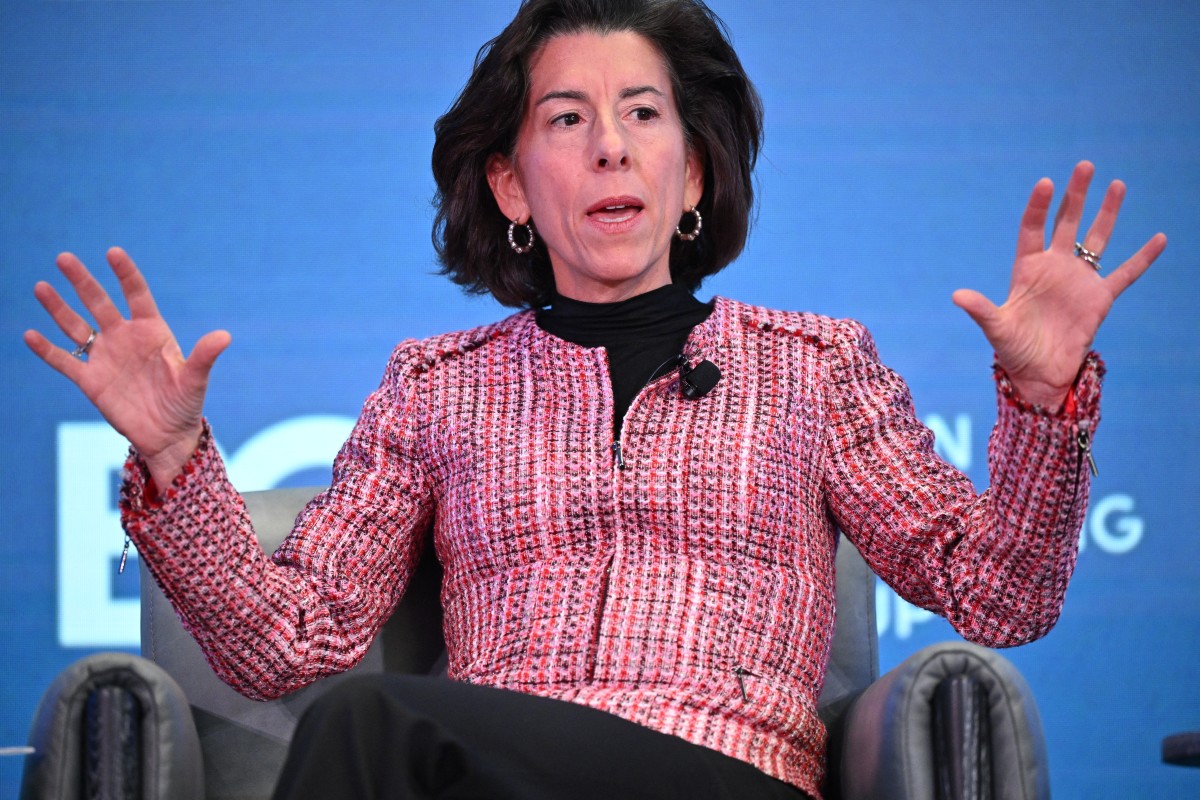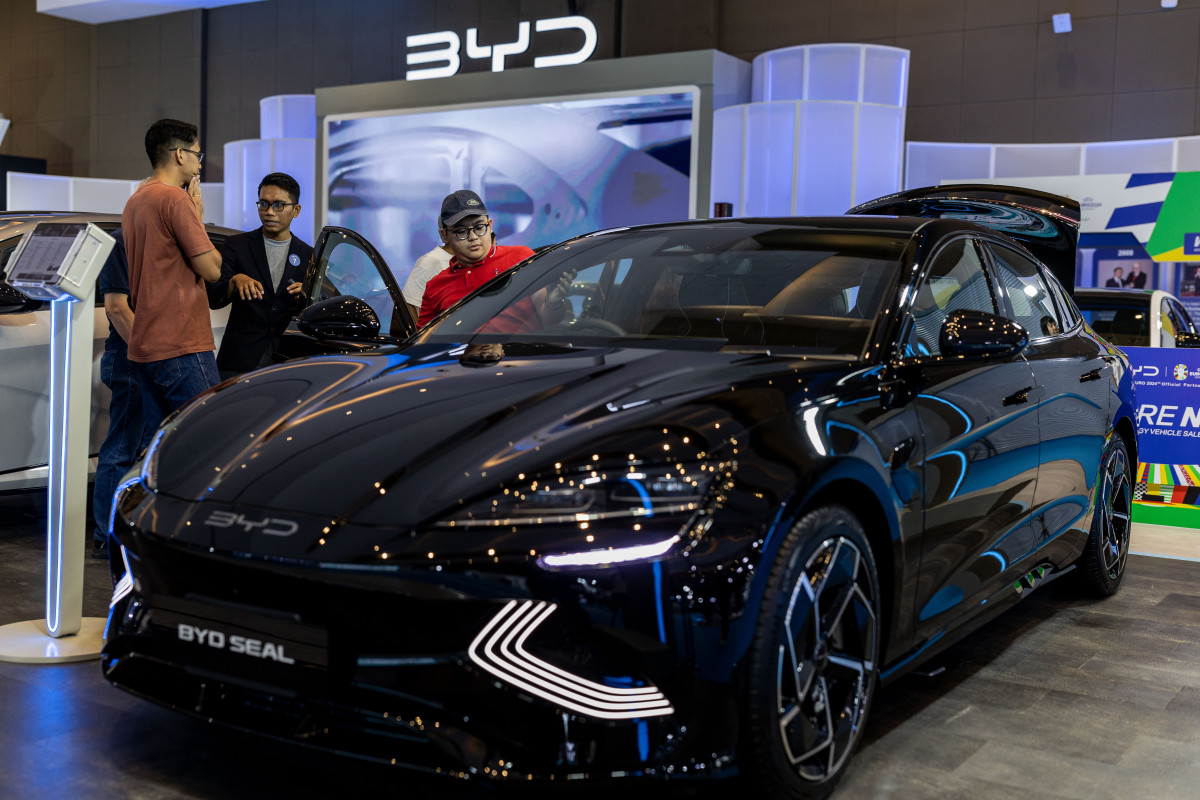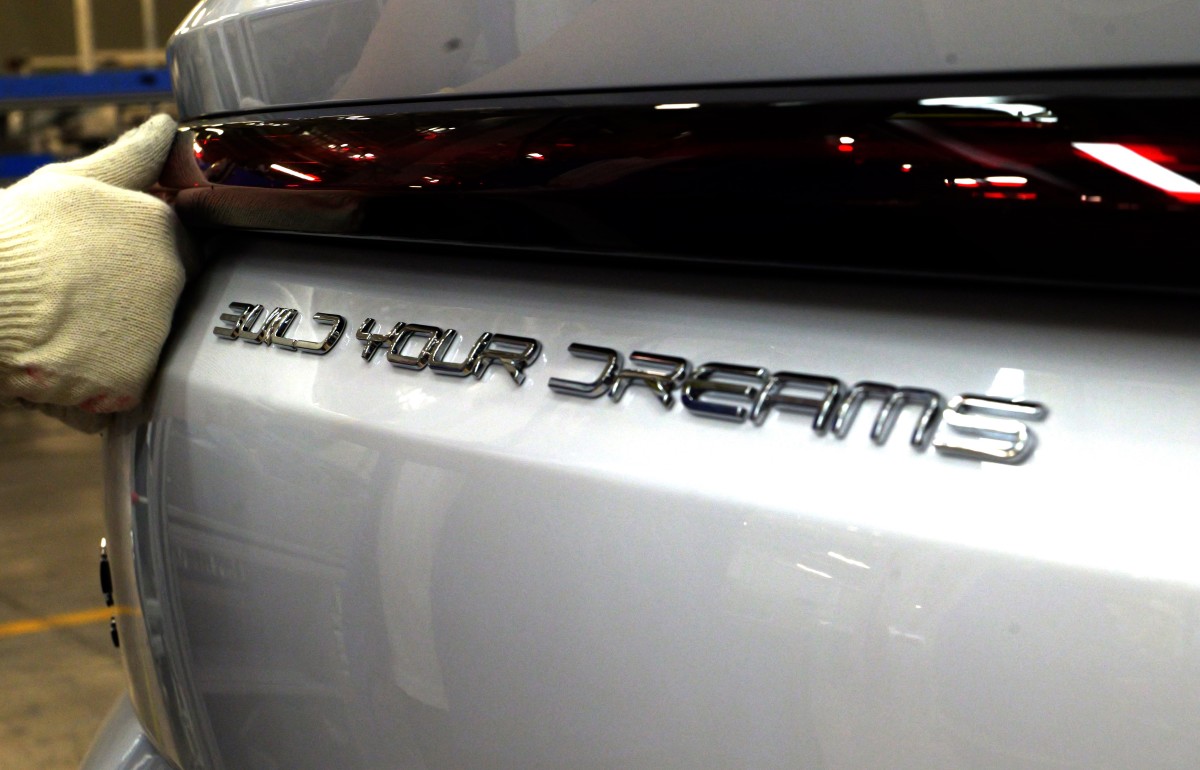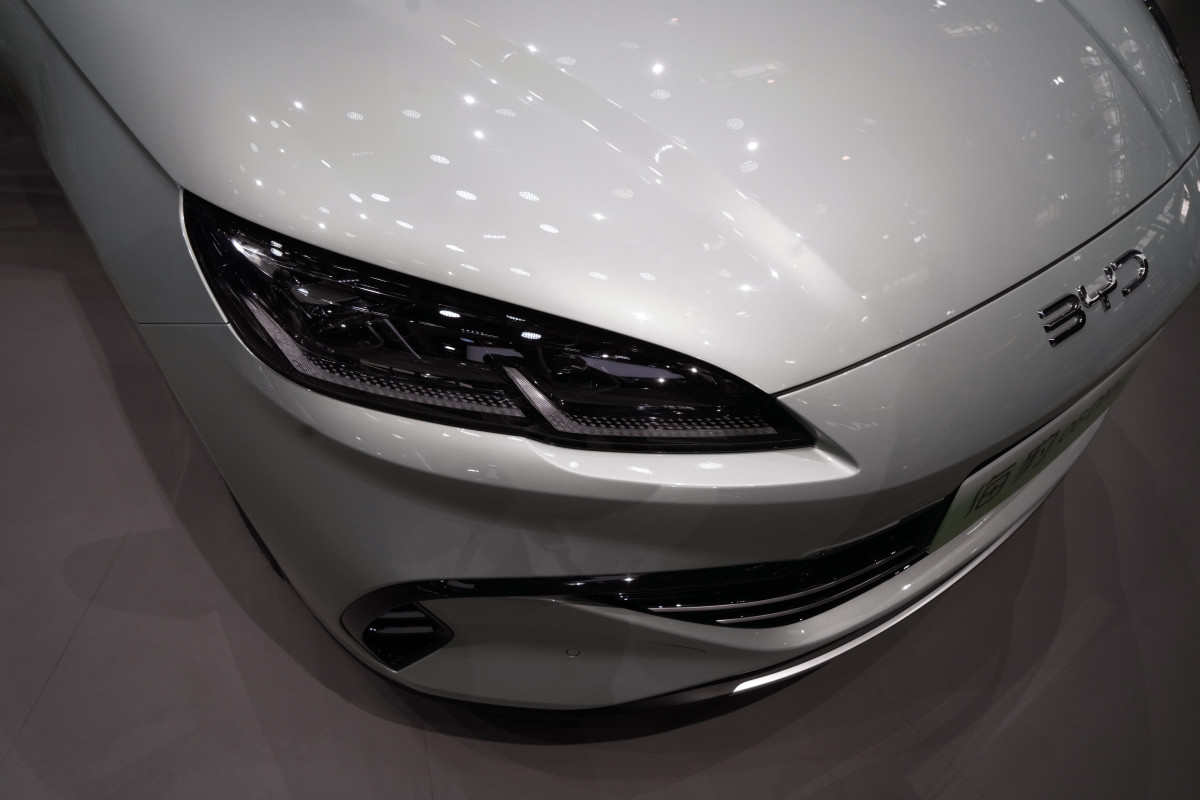
U.S. Commerce Secretary Gina Raimondo warns that "extreme action" could be taken in the form of a ban, on the topic of Chinese connected vehicles, which could spell doom for Tesla (TSLA) competitors like Geely (GELYF) and BYD (BYDDY) and their possible expansion into the U.S. auto market.
Related: Tesla Autopilot recall probe is looking into possible securities, wire fraud

Raimondo warned of "extreme action," indicating that a ban on Chinese auto imports could be on the table following the conclusion of a national security investigation into the matter, according to a May 8 report by Reuters.
"We have to digest all the data and then figure out what action that we want to take," Raimondo told Reuters without giving a clear timeline. "We could take extreme action, which is to say no Chinese connected vehicles in the United States or look for mitigation," of which could include heavy restrictions or safeguards before such vehicles hit the streets in the United States.
The Commerce Department's probe that triggered the response by the commerce secretary is the same probe into Chinese "connected cars" initiated by President Joe Biden on February 29, where he warned that "connected cars" from Chinese brands could pose a national security threat and send sensitive information to Beijing.
"Connected vehicles collect large amounts of sensitive data on their drivers and passengers; regularly use their cameras and sensors to record detailed information on U.S. infrastructure; interact directly with critical infrastructure; and can be piloted or disabled remotely," the White House said.
Related: Pres. Biden says Chinese EVs can pose a national security threat

However, experts and officials in China, believe that concerns raised by Raimondo are overblown and that their cars are being used as a pawn in a larger geopolitical chess game.
Wu Shuocheng, a Chinese auto industry analyst, told the Chinese state-run Global Times on May 9 that Raimondo's "extreme action" remarks are a reflection of the extreme politicization of trade issues between China and the U.S.
"It's ridiculous to say Chinese-made vehicles pose national security risks since only a limited number of Chinese-made vehicles were imported to the U.S. Such remarks and actions are manifestations of the U.S. politicization of auto trading," said Shuocheng, noting that such actions "distorts fair competition."
At the same time, China's Foreign Ministry spokesperson Lin Jian urged officials in the United States to "act on its commitment of not seeking to hold back China’s economic growth." He warned in a daily press conference that overstretching "the concept of national security and weaken or sever one’s economic ties with other countries" will "lead nowhere," adding that such actions "will only destabilize global industrial and supply chains, disrupt international trade order, and end up harming one's own interests."

Nonetheless, politicians on both sides of the aisle such as Sens. Sherrod Brown (D-OH) and Marco Rubio (R-FL) are on board with some sort of ban, or heavy tariff on Chinese-made cars, citing the need to protect the domestic auto industry, as well as the cybersecurity risks it poses.
“Chinese electric vehicles are an existential threat to the American auto industry,” wrote Brown in a letter to President Biden on April 11. “We cannot allow China to bring its government-backed cheating to the American auto industry. The U.S. must ban Chinese electric vehicles now, and stop a flood of Chinese government-subsidized cars that threaten Ohio auto jobs, and our national and economic security.”
What do experts say?

In a statement to TheStreet, Zoë MacDonald, one of three contributors to Mozilla Foundation's "Privacy Not Included" series on connected cars, emphasized that the "over-collecting, sharing, and selling of US drivers’ data puts their privacy at risk," no matter if the car was made in China or the United States.
"Whether that data is leaked, hacked, shared with advertisers, or purchased from a data broker, it may be up for grabs to anyone, including bad actors that could threaten the US’ national security."
More Business of EVs:
- Tesla makes another harsh last-minute decision, frustrating students
- Forget Tesla's Supercharging, Polestar's new charging tech can charge even faster
- EVs have a problem Ford's partner aims to fix
Sam Fiorani, auto industry analyst and the vice president of Global Vehicle Forecasting at AutoForecast Solutions, emphasized that while such U.S. drivers' personal data has great economic value, "more nefarious uses of this data can be harmful or potentially deadly." He also warned that while it is "easy to point fingers at the unfriendly group of the moment, everyone involved in gathering and disseminating this data needs to understand the unintended consequences of their actions."
"Legislators only see the political gain from this sort of grandstanding, but they should take this more seriously," Fiorani told TheStreet.
Fiorani also emphasized that with so much of technological components like semiconductors coming from China, tracking all of the chips and software in all of the cars sold in the United States won't be an easy task for automakers or lawmakers, as more than 20 billion semiconductor chips will be fitted to cars on American roads this year.
Additionally, he pointed out that Chinese state-owned automakers (the ones with direct Chinese Communist Party ties) already have a presence in the American market, as they are in cahoots with some of Detroit's very own. Respectively, SAIC and Chang'an Automotive have joint-venture partnerships with General Motors and Ford that produce cars that land on our shores.
"Chinese vehicles are on the streets in the United States today," Fiorani said.
Related: Veteran fund manager picks favorite stocks for 2024







